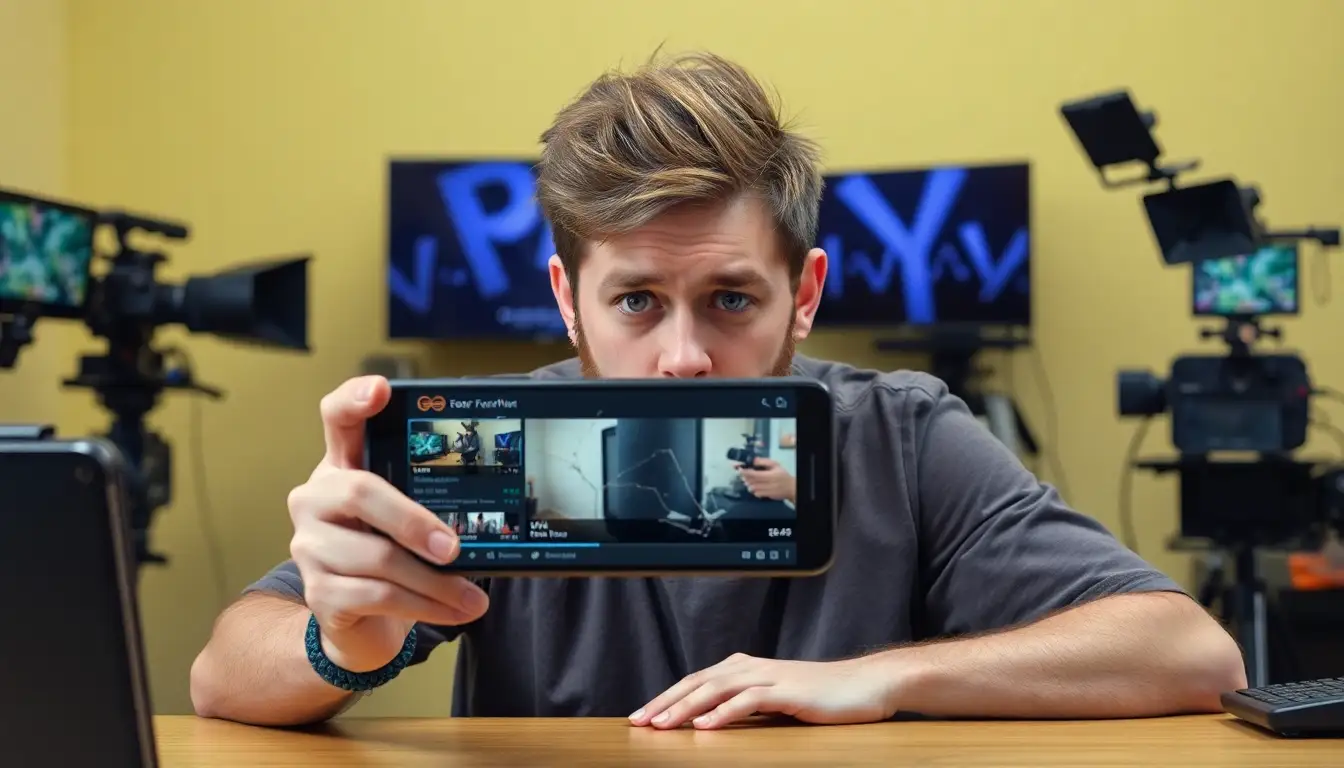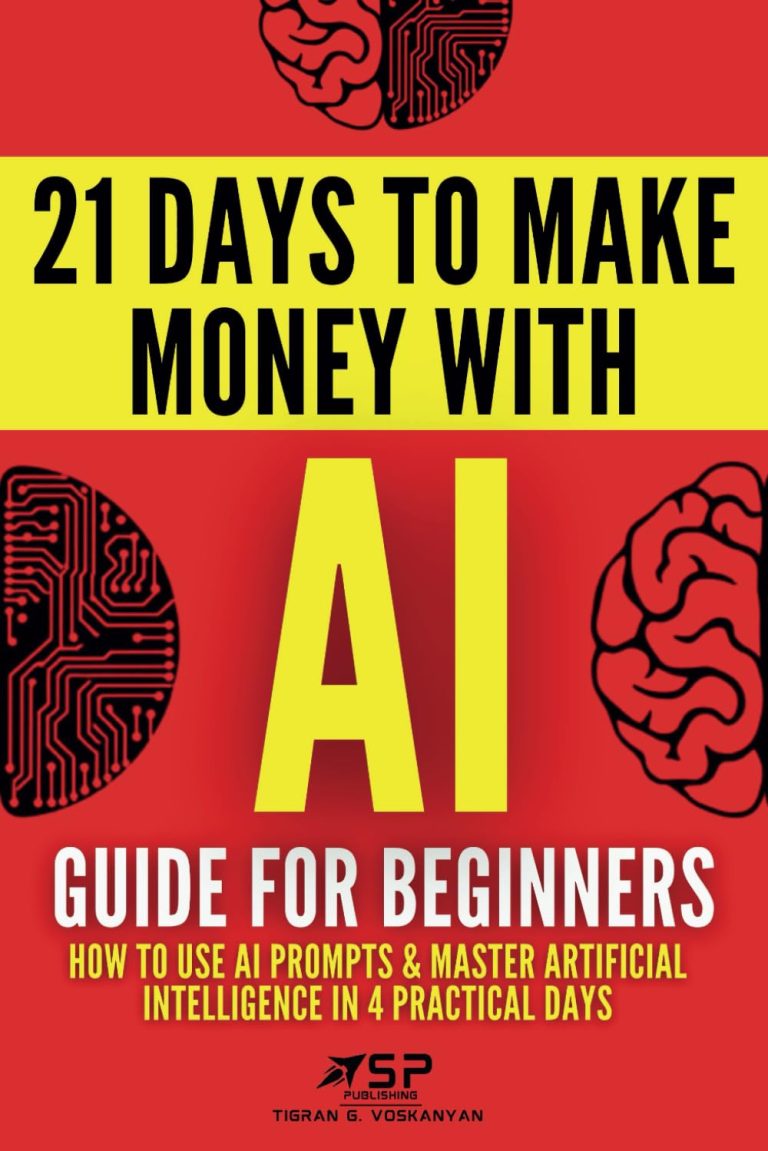
Now loading...
Prominent YouTube personality MrBeast has expressed serious concerns regarding the potential repercussions of AI technology on the future of content creation. In a recent social media post, the creator, whose real name is Jimmy Donaldson, shared his worries about how AI-generated video content could impact the livelihoods of the millions of creators who rely on their platforms for income. He described the current climate as “scary times,” underscoring the uncertainty facing creatives in the industry.
MrBeast, who tops Forbes’ 2025 ranking of top creators with an impressive earnings figure of $85 million and a staggering 634 million followers, wields considerable influence in the digital landscape. His apprehensions resonate deeply within the creator community, as many smaller creators likely share his unease about the rise of AI technologies.
His comments come shortly after the introduction of OpenAI’s Sora 2, a new audio and video generation tool, which includes a mobile app that enables users to fabricate AI-driven videos featuring themselves in a vertical format reminiscent of TikTok. Following its release, the app surged in popularity, quickly claiming the top spot on the U.S. App Store.
YouTube itself has also begun integrating AI into its platform with various tools designed to enhance creators’ experience, including capabilities for generating video content, animating images, and producing clips and highlights from live streams and podcasts. The platform even equipped with a AI chatbot within YouTube Studio to assist creators with their queries about channel management.
Although MrBeast has embraced some aspects of AI, including facing criticism earlier this summer for launching a tool that employed AI to generate video thumbnails, he ultimately withdrew the feature from his analytics service, Viewstats. He pledged to replace it with links to professional human artists for hire, demonstrating a sensitivity to feedback from his audience and peers alike. Additionally, his philanthropic organization has occasionally made investments in AI technologies.
The ongoing discourse surrounding AI in video creation raises important questions: will this technology democratize content creation, or will the most compelling videos continue to require human insight and creativity? Some critics dismiss AI-generated videos as low-effort “slop,” indicating a preference for traditional, human-generated content.
Looking to the future, even as AI may evolve to create indistinguishable content, creators could face significant backlash if they do not disclose their use of such technologies. The potential erosion of trust from audiences could undermine reputations, making it crucial for creators to navigate the intersection of innovation and authenticity carefully.
